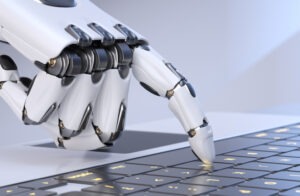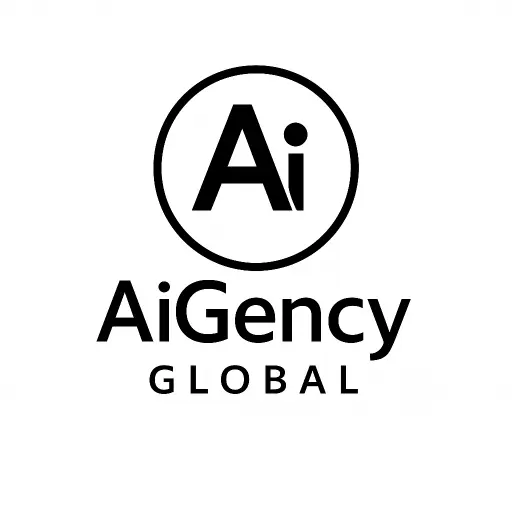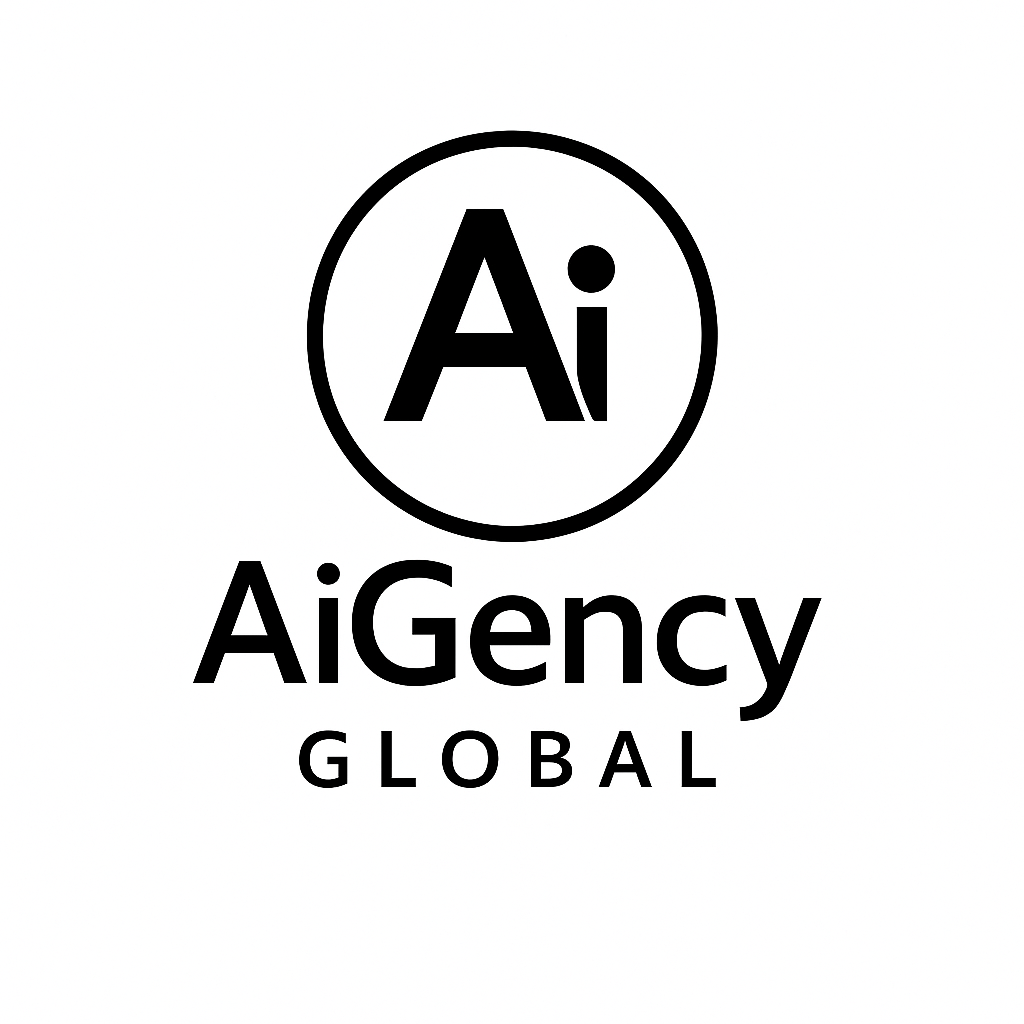
Introduction
Artificial Intelligence (AI) is no longer a futuristic concept; it’s a present-day reality that’s reshaping the workplace. From automating routine tasks to enhancing decision-making processes, AI is becoming an integral part of business operations. Leading companies across various industries are deploying AI-driven employees—digital agents that work alongside humans—to improve efficiency, reduce costs, and drive innovation.
The Emergence of AI Employees
AI employees, or digital agents, are sophisticated software programs designed to perform tasks traditionally handled by humans. These agents can analyze data, interact with customers, manage schedules, and even make decisions based on predefined parameters. The integration of AI employees is not about replacing humans but augmenting human capabilities to achieve better outcomes.
Real-World Applications: Companies Leading the Way
1. Salesforce’s Agentforce Platform
Salesforce has introduced Agentforce, an AI-driven platform that enables businesses to create and deploy autonomous agents across various functions. These agents can handle customer service inquiries, manage sales processes, and streamline marketing efforts. For instance, Formula 1 has partnered with Salesforce to utilize Agentforce, resulting in an 80% reduction in response times and enhanced fan engagement.
2. Microsoft’s CoreAI Initiative
Microsoft has launched the CoreAI unit to build advanced AI agents that can perform increasingly complex tasks across its ecosystem. This unit, spearheaded by former Meta executive Jay Parikh, aims to develop AI agents that enhance productivity across business applications. The vision? To turn Microsoft into an AI-powered factory of digital workers.
3. Klarna’s AI Customer Agents
Klarna has taken AI integration to a new level by assigning over 800 customer service roles to AI agents. These digital employees now handle over two-thirds of all customer interactions. Klarna has also leveraged AI avatars for internal and external communication, highlighting just how seamlessly AI can be integrated across both functional and brand touchpoints.
4. UBS’s Analyst Avatars
In the financial sector, UBS has deployed AI-generated avatars of its top analysts. These avatars deliver client briefings and research updates via video—freeing up valuable analyst time while maintaining a consistent client experience. It’s a smart blend of AI-driven efficiency and personalisation.
The Impact on the Workforce
The integration of AI employees is transforming the workforce landscape. According to a McKinsey report, 94% of employees and 99% of C-suite leaders are familiar with generative AI tools, indicating widespread awareness and adoption. However, this shift also brings challenges, including the need for reskilling and addressing concerns about job displacement.
Younger generations, particularly Gen Z and millennials, express both enthusiasm and anxiety about AI’s role in the workplace. While they appreciate the efficiency AI brings, there’s apprehension about job security—especially in white-collar roles traditionally seen as safe.
Despite this, the trend is irreversible. Businesses that are already deploying AI are witnessing:
– Faster decision-making: Real-time analytics and smart recommendations.
– Greater employee satisfaction: By removing repetitive tasks and freeing teams to focus on strategic work.
– Cost savings: AI agents don’t require pensions, healthcare, or time off.
– Scalability: Digital workers can be cloned, retrained, and deployed globally within days—not months.
Preparing for an AI-Driven Future
As AI continues to permeate the workplace, organizations must proactively adapt to this new paradigm. This includes:
– Investing in AI technologies relevant to their industries
– Creating a strategy for AI-human collaboration
– Reskilling teams to manage, audit, and evolve AI tools
– Embedding digital ethics and transparency into AI rollouts
Done well, AI isn’t just a tool—it becomes a transformative layer across the entire business.
Conclusion
The rise of AI employees marks a pivotal shift in how we work. Companies like Salesforce, Microsoft, Klarna, and UBS are no longer experimenting—they’re executing. And they’re seeing real results.
The organisations that will thrive in the years ahead will be those that embrace this change early, design thoughtful AI strategies, and empower their people to work alongside these intelligent digital teammates.
This isn’t the future. It’s already here. And it’s time to lean in.


